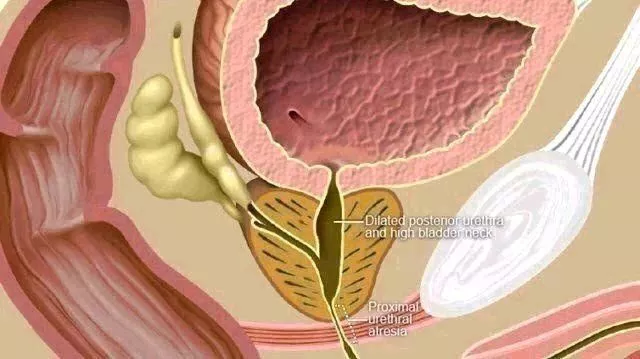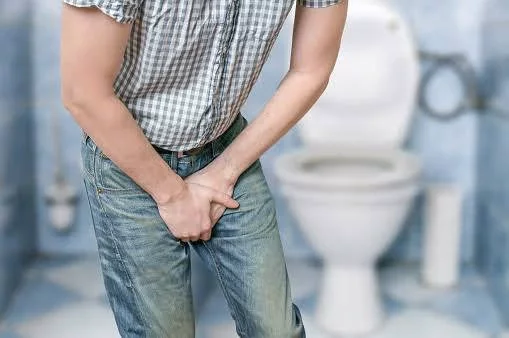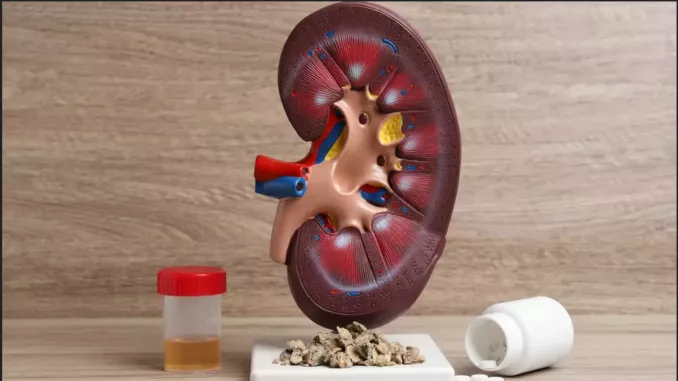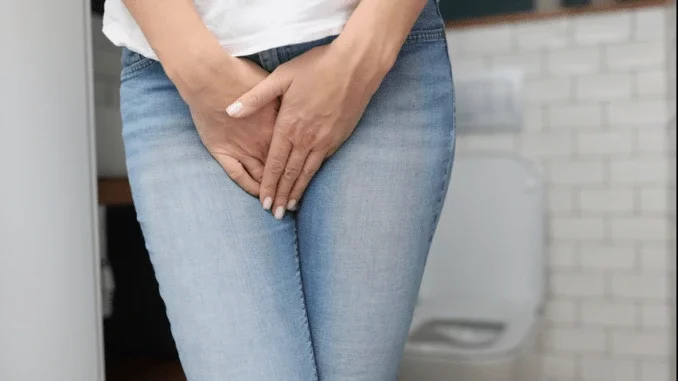![Holding pee has an effect on your body [WhatDreamsMean] Holding pee has an effect on your body [WhatDreamsMean]](https://static.netnaija.com/i/Dxaw1RvRKPZ.webp)
Holding in your pee might seem harmless, especially when you're in the middle of an important task, a meeting, or on a long drive.
Listen to your body's signals and use the bathroom when you need to.
However, regularly delaying the call of nature can cause several health problems, some of which can be quite serious.
1. Urinary Tract Infections (UTIs)
One of the most common consequences of holding in urine is the increased risk of urinary tract infections. When urine stays in the bladder too long, it can become a breeding ground for bacteria. These bacteria can multiply, causing infections in the bladder or urethra.
UTIs are uncomfortable at best, causing a burning sensation when you pee, an increased frequency of urination, and abdominal pain. At worst, they can spread to the kidneys, leading to more serious health issues.
2. Bladder stretching
The bladder is a muscular sac that stretches to hold urine and contracts when you urinate. Consistently holding in large amounts of urine can overstretch the bladder. Over time, this can weaken the bladder muscles, making it harder for them to contract properly when you need to pee. This condition can lead to urinary retention, where you're unable to empty your bladder completely, causing discomfort and increasing the risk of infection.
3. Kidney damage
In severe cases, holding pee for too long can lead to kidney damage. If the bladder becomes too full, urine can flow back into the kidneys. This condition, known as vesicoureteral reflux, can lead to kidney infections and long-term kidney damage. The kidneys filter waste from your blood and regulate fluid levels in the body, so damage to them can have serious health implications.
4. Bladder stones
Urine contains minerals and salts. When urine remains in the bladder for too long, these substances can crystallise and form bladder stones. Bladder stones can cause pain, difficulty urinating, and blood in the urine. In some cases, they may require surgical removal.
5. Increased urinary urgency and incontinence
Regularly holding in pee can increase the sensation of urinary urgency, where you feel a sudden, strong need to urinate. Over time, this can lead to involuntary leakage of urine, known as urinary incontinence. This condition can be embarrassing and inconvenient, affecting one's quality of life.
6. Bladder dysfunction
Long-term suppression of the urge to urinate can lead to bladder dysfunction, a condition where the bladder's normal activity is disrupted. Symptoms can include frequent urination, painful urination, and a feeling of incomplete bladder emptying. In severe cases, it may require medical intervention to manage the symptoms.

















Comments